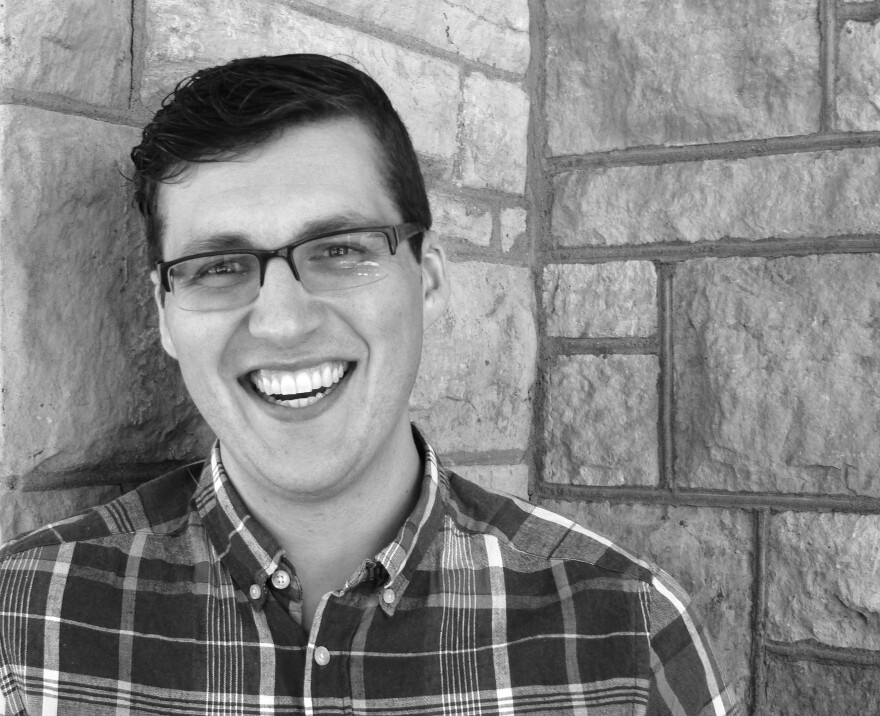The personal is political on this episode. But that's nothing new, religion and politics have a long and vast history of intersection. Many faiths encourage devotees to take part in charity work, while traditions like Unitarian Universalism promote social justice as one of its key concerns. Meanwhile various religions throughout history have been targeted and "othered", scapegoated and blamed for society's ills. What is it that helps so many keep the faith and fight alive for a better, more just and equal world? We'll explore:

This week we visit with Ali Nizamuddin. He's a professor who teaches politics and comparative cultures at the University of Illinois Springfield, he's also president for the Islamic Society of Greater Springfield. He says the insulting rhetoric towards Muslims highlighted during and after the election has brought a fresh wave of hurt to those who share his faith, but it's nothing new: "This is Tuesday for us. This is something we have to deal with on a daily basis, and it's very sad that we have to do so because we are some of the most important members of our community." The mosque in Springfield had to be rebuilt after it burned down in the 90s, in what was thought to be a hate-crime perpetrated by white supremacists. Still, Nizamuddin shares with us the positive aspects of his religion that keep him hopeful.
Meanwhile, Water Protectors and other Native Americans and allies have gathered for months in North Dakota in efforts to prevent oil pipeline construction they say would disrupt sacred land and potentially compromise the quality of water for the Standing Rock Sioux and their neighbors. The demonstrators have been met by militarized police and have been told to leave by December 5th.

We speak with Nic Cable, he's training to be a minister at a Unitarian Universalist church in St. Paul, Minnesota. Earlier this month he traveled to Standing Rock with over a dozen other people as part of an inter-faith mission to support the cause. Hundreds of clergy also took part. Cable talks about his own sense of spirituality and how it involves activism, and tells us what he learned from his time in North Dakota. "The lesson from Standing Rock is that vulnerability and courage are so closely aligned," he says. In this episode he expounds on that, and tells us how people of his faith are reacting to the election by organizing for social justice causes.
Music for this episode came from the album 'My Life in the Bush of Ghosts' by David Byrne & Brian Eno. The featured song at the end was from Nusrat Fateh Ali Khan.






